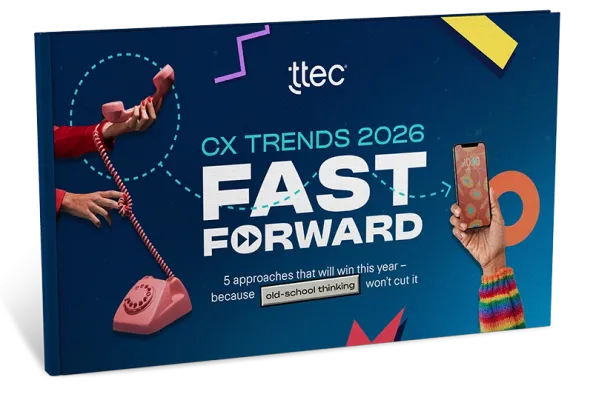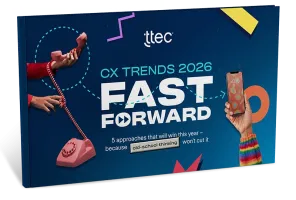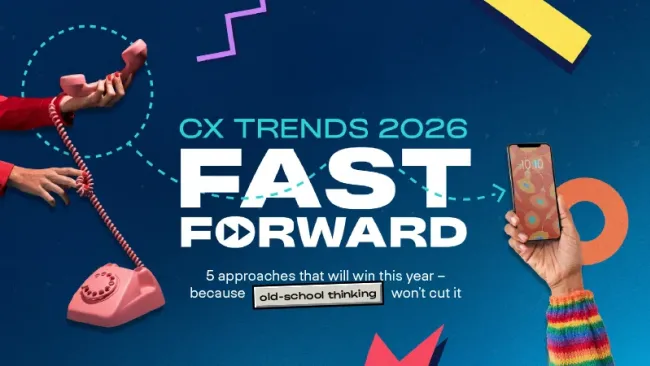Frantic.
There’s no better word to describe the moment you realize you’ve lost your phone. Especially if you’re among the 70% of us who have experienced nomophobia, the anxiety triggered by separation from your phone.
Being without a phone is so stress-inducing, that 23% of us would rather hold a tarantula and 14% prefer swimming with sharks over being phone-free, according to a survey by Sky Mobile, a U.K. mobile network provider.
Whether lost or stolen, a missing mobile means mayhem. You want to report the loss immediately, protect personal data from the bad guys, and restore connectivity as soon as possible.
Had my carrier understood the importance of these “intents,” my most urgent priorities, my call to the contact center would have gone better than the ham-fisted horror it was.
You lost me at titanium
I informed the associate I’d done everything I should: activated the Find My Phone app, dispatched police to the house where it was located, changed password, locked down and remotely erased the device to protect my data — and the data of others stored on my phone.
Now I simply wanted to report the phone lost to the carrier and activate any additional security measures they could offer. Instead, I got a sales come on right out of the gate:
“Did you know the iPhone 15 Pro Max has faster charging and a better camera than your old phone?”
He hadn’t heard me at all. I was in a state of panic. I was livid. I interrupted his spiel to impress upon him the urgency of safeguarding my phone’s data. That was my top priority.
“…and aerospace-grade titanium…”
Here’s where I talk to the QA team
It’s at this point I stop speaking to the contact center associate, and say, “To anyone listening to this recorded call for quality assurance: As the customer, my purpose for calling is to No. 1, report my phone lost, and No. 2, secure any data that remains on the phone. That’s it. I do not want to be sold on an upgrade.”
I get it. Businesses are on the lookout for service-to-sales opportunities, those little windows of enchantment when a customer service interaction might possibly generate revenue instead of cost.
But you can’t be tone deaf. Associates need proper training to listen actively so they can respond appropriately to customer cues they are being fed. AI-enhanced training and AI-based conversational intelligence is the foundation of service to sales. With the right tools, you’ll gain personalized insight to know why, when, and how to start a sales conversation during a service interaction based on value, not pressure.
A deeper understand of customer intents — unique to each market sector, each company — helps inform how dialogue scripts can be written and pivot according to customer behavior.
That didn’t happen for me.
But to see a great example of how another carrier deployed TTEC’s service to sales methodology to identify upsell and cross-sell opportunities, increase revenue — and critically, to improve customer satisfaction scores — check out this new case study.














